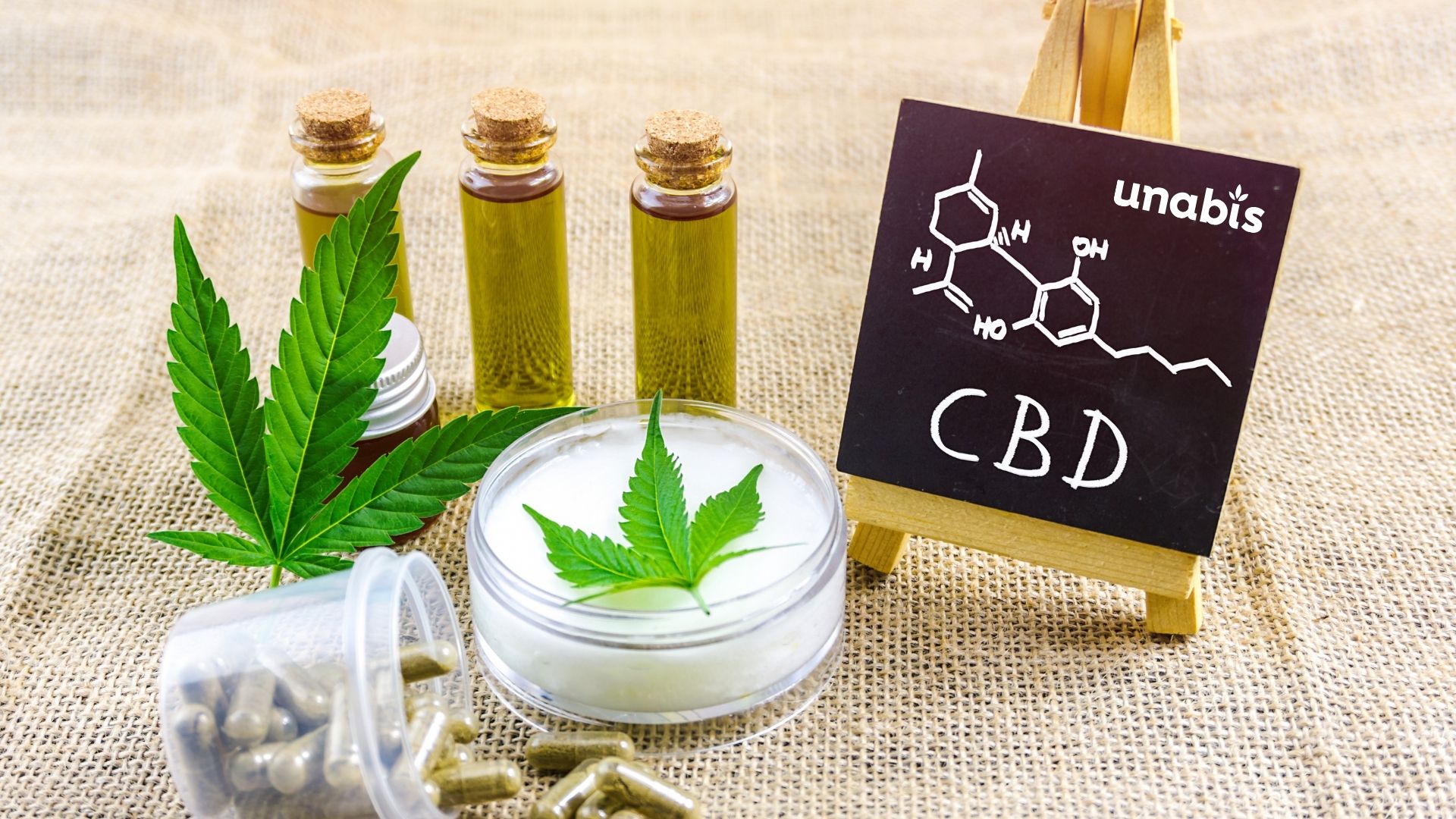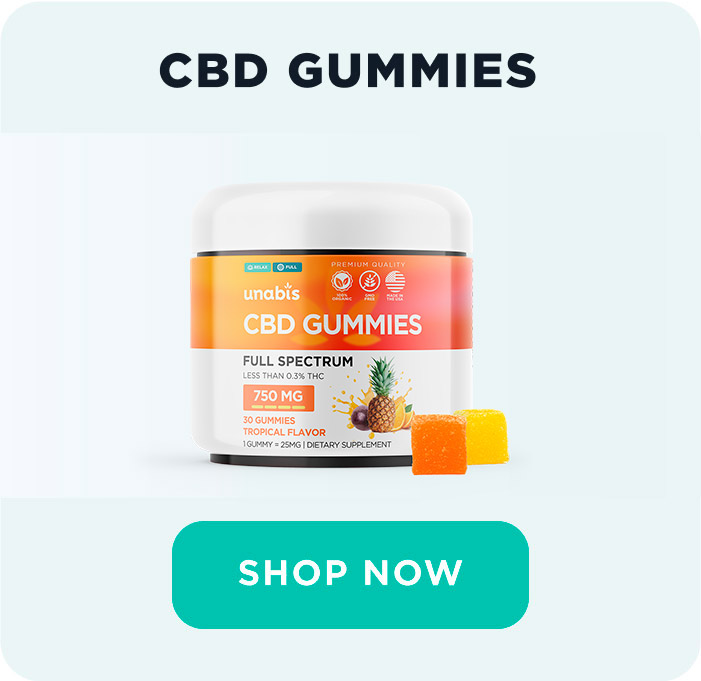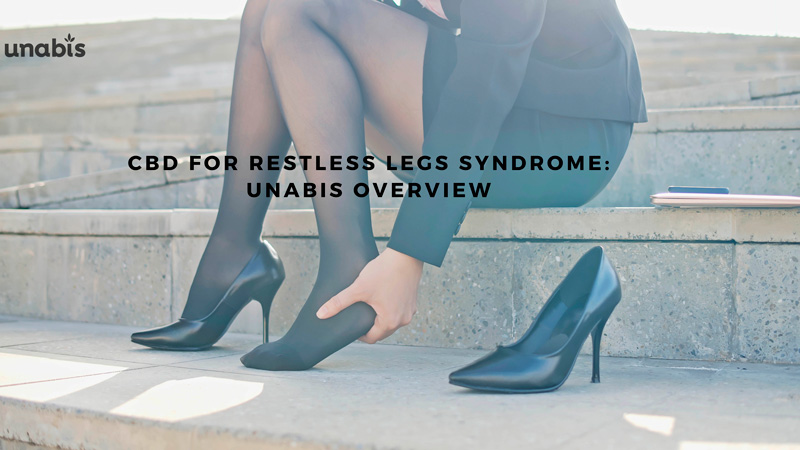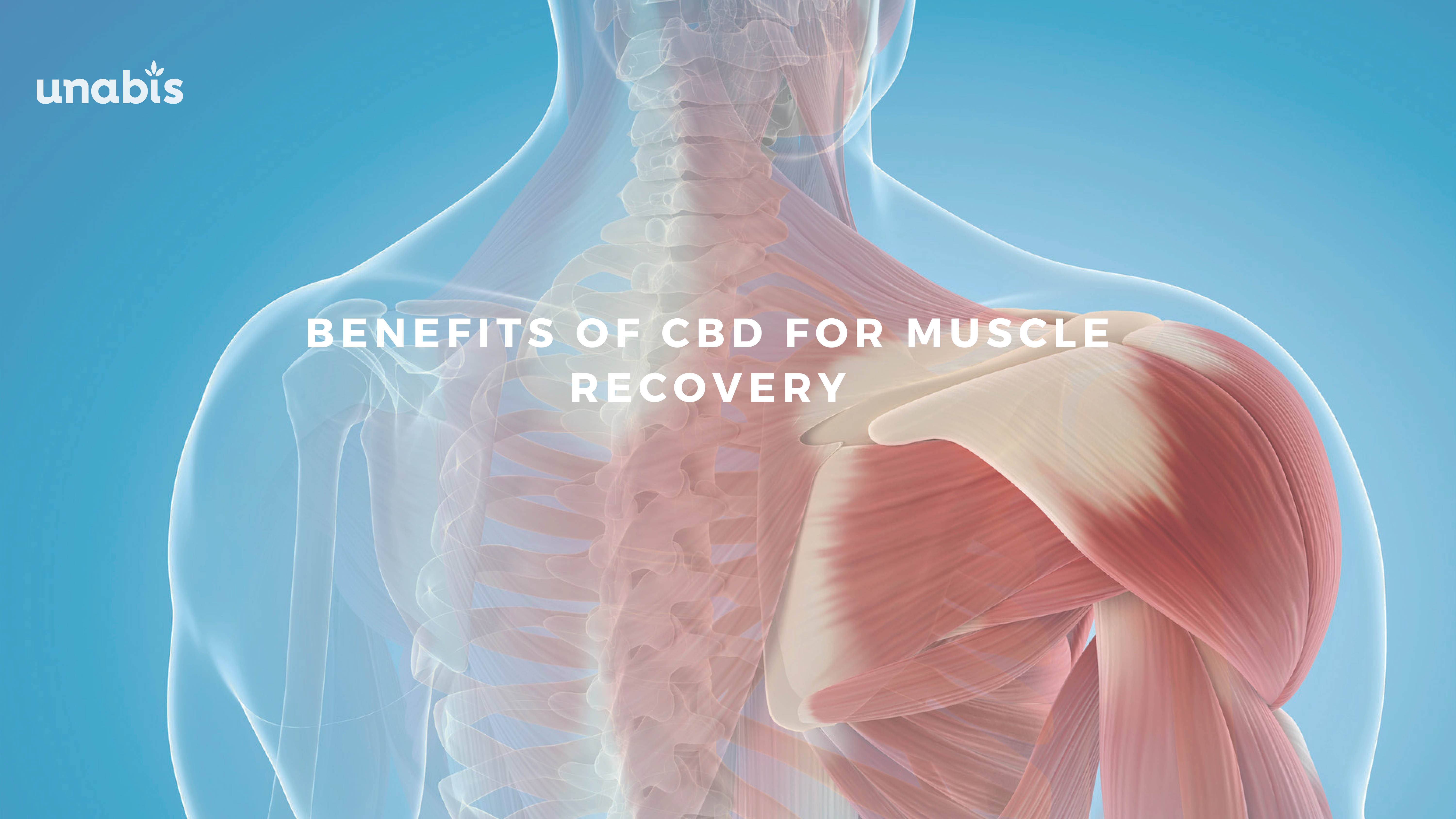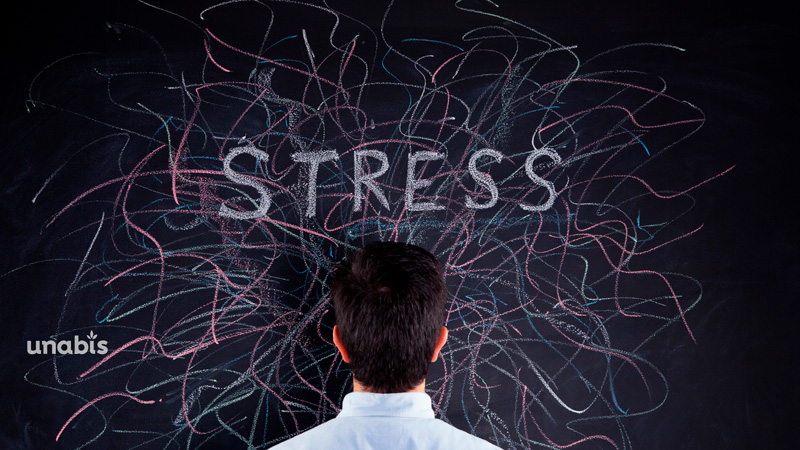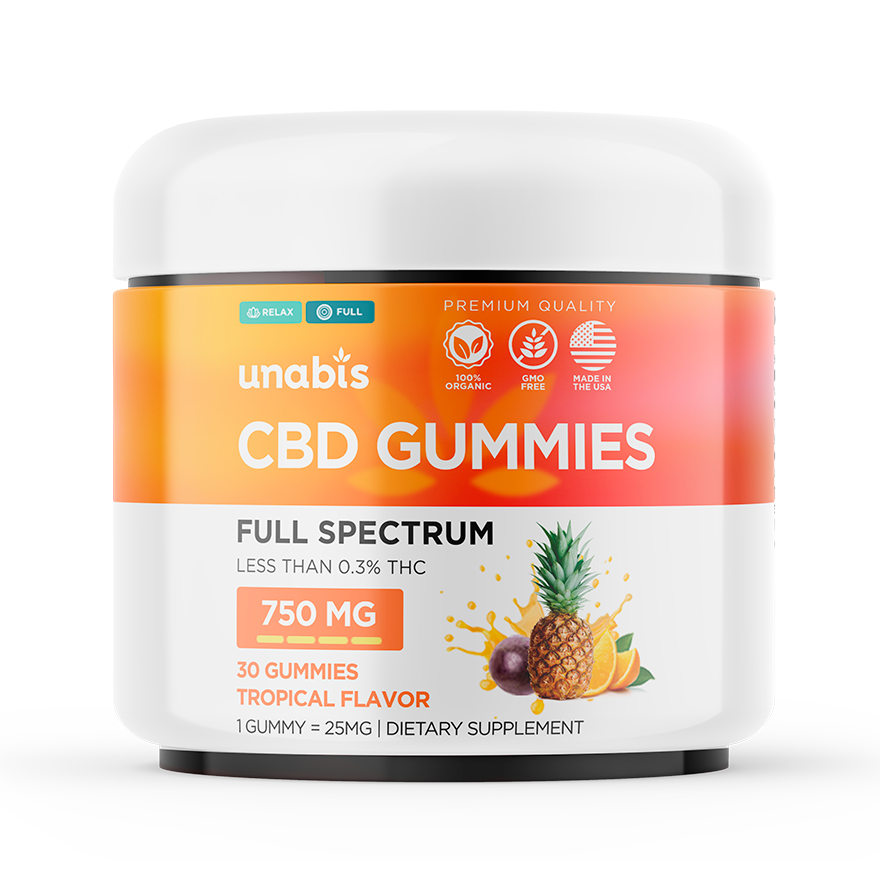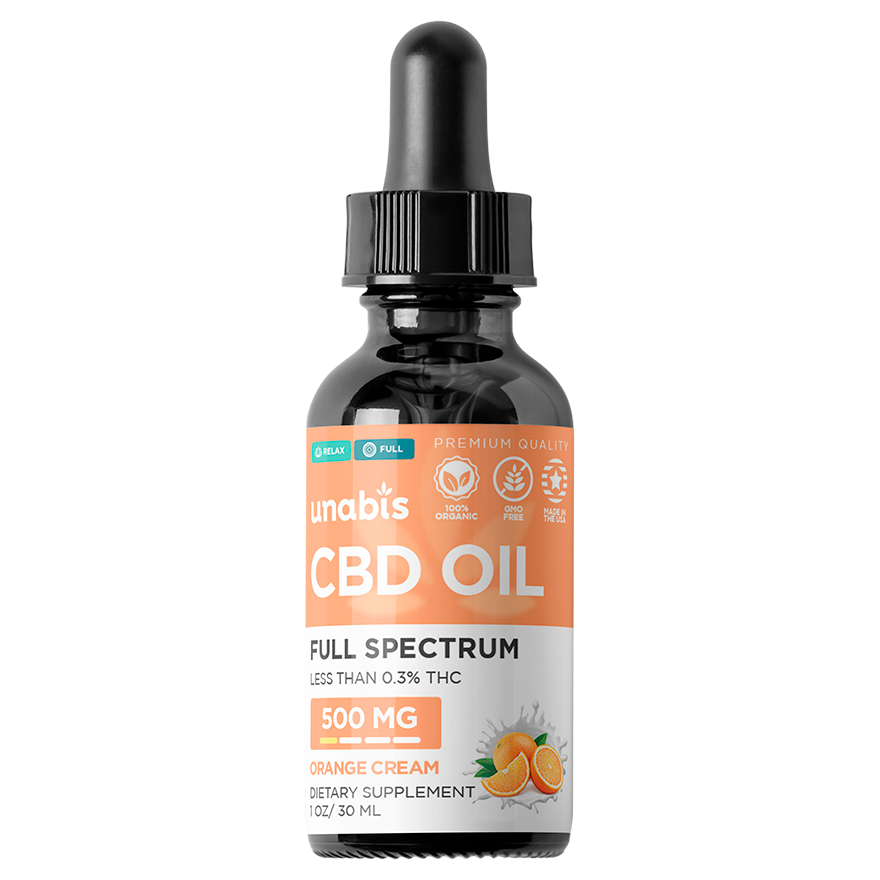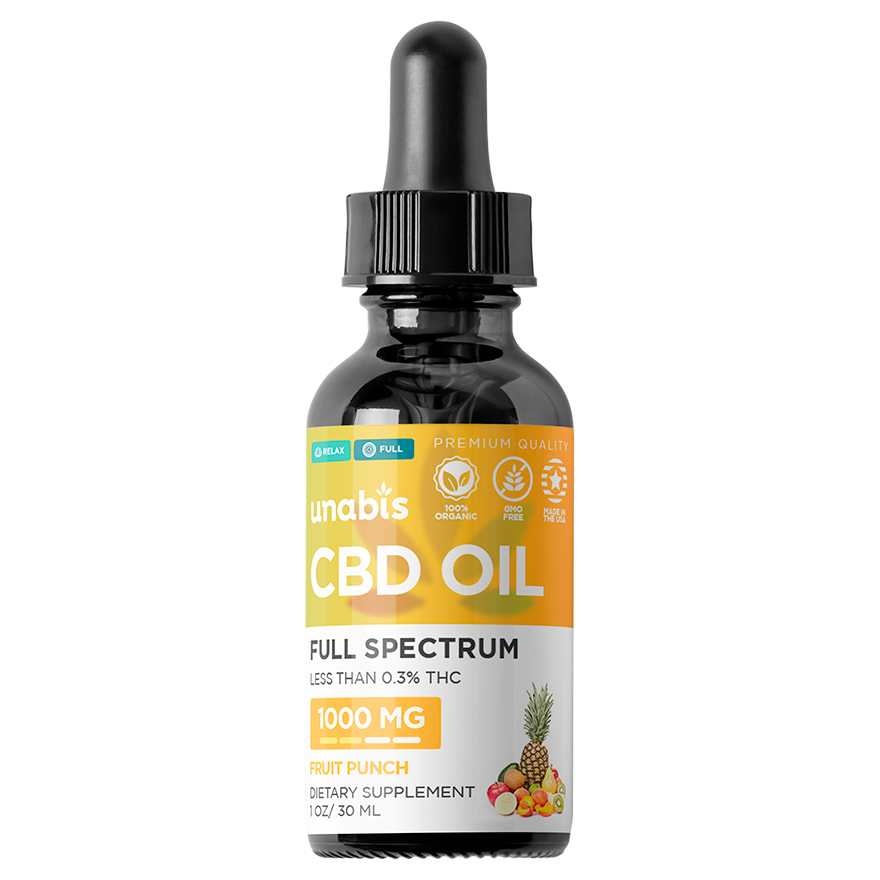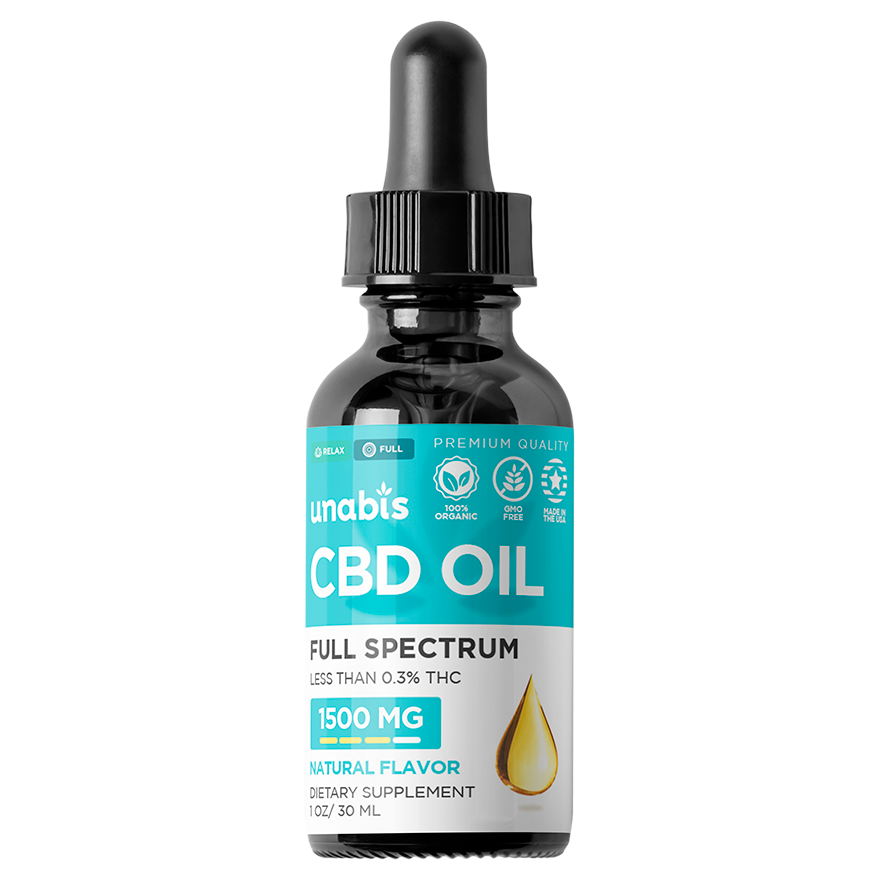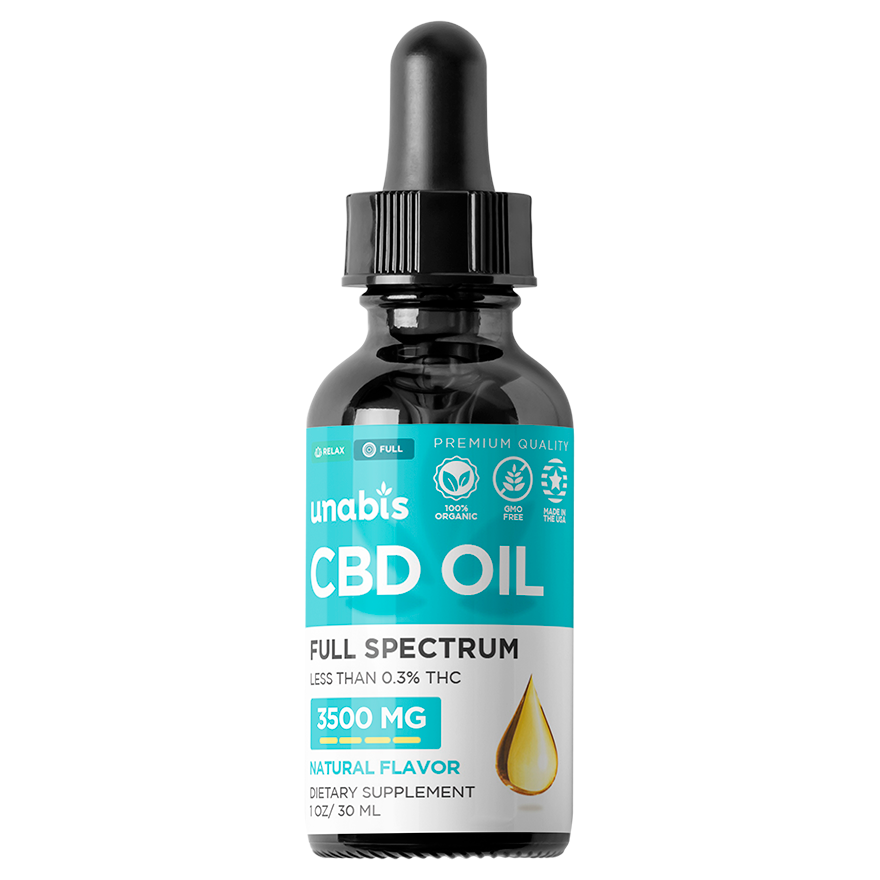Are you wondering about the difference between full-spectrum and broad-spectrum CBD? If so, you’re in the right place, because in this article we’ll be taking a deep dive into the topic of full-spectrum vs broad-spectrum CBD. Keep reading to learn more.
What is hemp?
Hemp is a plant! More specifically, it’s an annually flowering plant in the Cannabaceae family.
Cannabacaea plant family:
- Cannabis
- Hops
- Celtis
Cannabis family: we have two chemotypes or chemical makeups:
- High THC Cannabis / Drug Type
- Low THC Cannabis (Hemp) / Fiber Type
Technically, it’s all cannabis, which is the Latin name for the plant family. Cannabis is characterized by its iconoclastic 5 pronged leaves, heavy scent, resinous flowers, and seasonal flowering.
Hemp is the legal designation for low THC cannabis. THC refers to a plant chemical called tetrahydrocannabinol, a hydrocarbon that’s highly psychoactive and produces a strong mental or “high” effect.
While low in THC, hemp is high in fiber and in CBD, another plant chemical called cannabidiol. While similar in molecular structure to THC, CBD is mildly psychoactive but not psychotropic, producing no mental euphoria.
In addition to CBD, hemp is rich in over 500 other plant chemicals and nutrients, with new ones being discovered everyday. It is quite unique within the plant kingdom in that it contains the terpenes — volatile, fragrant oils — from many other plants.
Guess what? Cannabinoids are terpenes, too. Terpene is the umbrella term under which cannabinoids fall.
For example, pinene from pine trees, limonene from lemons, and beta-caryophyllene from black pepper have one thing in common: all are found in the hemp plant.
CBD Full-Spectrum vs Broad-Spectrum vs Isolate
The hemp plant is amazing. Can its natural makeup be improved, however? Maybe. More specifically, it can be shifted to target an individual’s unique biochemical demands. Let’s look at how we can leverage the synergy between terpenes, cannabinoids, and even other plants to perfect hemp’s therapeutic potential.
Before we being with that, though, there is a flipside to these possibilities. Hemp’s efficacy can be diminished, too. How? Through the use of extraction processes that strip hemp’s cannabinoids of their fatty, insulatory cover — a process that creates something called CBD isolate.
When CBD is isolated from the other nutrients in hemp, it loses much of its benefits. That’s because CBD only has low affinity, or bonding strength, for Endocannabinoid receptors. It works best as nature intended…as part of a complete package, which means full-spectrum CBD or, at least, broad-spectrum CBD.
Nonetheless, CBD isolate products are easy to find. The reason? Production cost is low, often very low, which means producers can easily keep margins huge.
Full-spectrum vs Broad-spectrum CBD: Detailed Review
OK, onto the most important part of this article! Let’s take an in-depth look at the difference between full-spectrum and broad-spectrum CBD. While both products contain CBD and terpenes, there’s one major difference: broad-spectrum CBD contains no THC whatsoever — not even trace amounts.
What is broad-spectrum hemp oil?
Cannabis contains many active ingredients, so broad-spectrum CBD is defined as containing an array of cannabinoids and terpenes (volatile oils that give the cannabis plant its aromatic diversity). Broad-spectrum hemp/CBD oil contains virtually all of hemp’s active ingredients, besides THC. Broad-spectrum hemp oil meaning: By definition, broad-spectrum hemp oil must contain:
- CBD
- CBG
- CBC
- Hemp-derived terpenes
- Hemp-derived flavones
Broad-Spectrum CBD Benefits
Broad-spectrum CBD has been known to help with a variety of different medical conditions, but broad-spectrum CBD should not be thought of as a cure for all types of illnesses. Broad-spectrum CBD may have the following health benefits:
- Improved sleep
- Mood stabilization
- Relief from stiff, achy joints
- A greater sense of hopefulness
Broad-spectrum CBD Cannabinoids
Broad-spectrum CBD contains:
- CBD
- CBDa
- CBC
- CBG
- CBN
What is full-spectrum hemp oil?
Full-spectrum CBD oil contains terpenes, cannabinoids other than cannabidiol, and is extracted from the whole plant. This is in contrast with isolated CBD, which is just cannabidiol alone and is derived from cannabis strains that are bred to contain high levels of cannabidiol, but negligible amounts of other cannabinoids.
Full-spectrum hemp/CBD oil contains virtually all of hemp’s active ingredients, including delta-9 THC. Full-spectrum hemp oil meaning: By definition, full-spectrum hemp oil must contain:
- CBD
- THC
- CBG
- CBC
- Hemp-derived terpenes
- Hemp-derived flavones
Full-spectrum CBD Benefits
Full-spectrum CBD may have the following health benefits:
- Improved sleep
- Mood stabilization
- Uplifted mental framework
- A greater sense of hopefulness
- Relief from stiff, painful, achy joints
CBD works by activating your body’s serotonin (anti-depressant effect), vanilloid (pain relief), and adenosine (anti-inflammatory effect) receptors. It also inhibits an enzyme that breaks down chemicals your body generates when you’re stressed and stimulates anti-oxidant activity.
Full-spectrum CBD Cannabinoids
Full-spectrum CBD contains:
- CBD
- CBDa
- THC
- THCa
- CBC
- CBG
- CBN
So, what’s the difference between broad-spectrum and full-spectrum CBD products? The principal difference is that full-spectrum CBD products contain the allowed amount of THC, while broad-spectrum CBD products don’t contain even its traces.
Broad-spectrum CBD vs Full-spectrum CBD for the entourage effect
In a world that sometimes feels mechanical and overly quantified, the industrial hemp plant presents a rare sense of the unknown – of mystery. Research on the plant only began in earnest 30-some years ago, and today it still lags behind more established fields.
To explain why that is, let’s go back to the beginning of cannabinoid research. CBD was discovered way back in 1940, after all. Though it didn’t take long for scientists to observe that CBD could powerfully impact human health, it would still be decades before they would determine how.
That understanding came in the early 90’s, with the discovery of the endocannabinoid system (ECS). Our bodies responded to cannabis because they made internal cannabis and received its signals with specialized cannabis receptors! This discovery was groundbreaking at the time.
But there was more to learn. CBD didn’t exactly ‘fit’ into ECS receptors. Not like a lock fits a key, at least. Instead, it gently modulated them by affecting their shape and overall function. But these interactions were fairly indirect, and therefore pretty hard to pin down.
As it turns out, CBD wasn’t the only thing affecting the endocannabinoid system’s non-psychotropic CB2 receptors. So were endocannabinoids like anandamide, and other plant cannabinoids, like THC.
And it seemed as though the combined effect of these interrelated molecules produced something far greater than the sum of their parts. If CBD wasn’t the key to directly unlocking the endocannabinoid system, then what was? At that time, the field’s leading researchers had just discovered anandamide, the ‘bliss-amide’ molecule so named for its euphoric effects. It was with this knowledge in mind that researchers made a guess: whatever molecule or collection of molecules boosted anandamide production the most would also best ‘activate’ the ECS.
Fast forward to the present day, and science has finally verified that this ideal collection of molecules is found in hemp. Its blend of cannabinoids, terpenes, flavonoids, chalcones, alkaloids, and other fat-solubles provides the endocannabinoids system a wellness boost that nothing else can match.
This is the entourage effect, and it’s responsible for the fact that full-spectrum extracts are, on average, four times more potent per unit than CBD isolate. Not only that, but these molecules’ carefully counterbalanced forces pull the body into homeostasis so precisely that full-spectrum hemp has virtually no side effects.
Full vs broad-spectrum CBD: some more info
Composition of CBD broad-spectrum oil
Our broad-spectrum CBD oil contains:
- Phytocannabinoids, not just CBD but also CBC, CBN, and CBG
- Terpenes like myrcene, pinene, and caryophyllene
- Flavonoids like cannflavin A and B
- Chalcones, which are ketones from plants
- Omega fatty acids
- Trace compounds
- …and much more!
Pros of broad-spectrum CBD
Retaining these important biomolecules in our full spectrum CBD allows us to take full advantage of the Entourage Effect. That’s the term researchers use when referring to how hemp compounds can actually synergize with each other… and in the process become much more effective than the sum of their parts.
Composition of Full-spectrum CBD
To get a little more specific, any full-spectrum CBD product must contain:
- THC
- CBD
- Terpenes
- Flavones
What are full-spectrum cannabinoids?
In addition to THC and CBD, any true full-spectrum product will also contain other cannabinoids:
- THCa
- THCv
- CBDa
- CBDv
- CBG
- CBC
- CBN
- And more!
Full-spectrum vs broad-spectrum CBD for anxiety: what’s better?
According to the research: full-spectrum CBD is better than broad-spectrum CBD for nearly everything, including anxiety. It’s caused by the fact that the entourage effect is greater in full-spectrum CBD products. But broad-spectrum CBD has the potential to relieve anxiety as well. That’s why the choice between full-spectrum vs broad-spectrum CBD also depends on your personal preferences.
CBD oil types: Broad-spectrum CBD oil vs Full-spectrum vs Isolate
There are three primary types of CBD oil, each of which is primarily defined by its cannabinoid content:
- Full-spectrum CBD contains both THC, CBD, and terpenes
- Broad-spectrum CBD contains CBD, no THC, and terpenes
- CBD isolate contains just CBD, no THC, and no terpenes
Buyer’s Guide: Full-spectrum vs Broad-spectrum CBD
Quality #1: Made in the USA
Sometimes it’s good to take pride in your Country. Many US-made goods last longer or work better than their foreign-made counterparts…and CBD oil is no exception. The US hemp farmers that grow our products are among the world’s best!
Making our products in the USA also allows us to have full control over every step of the production process. Our hemp is grown, harvested, trimmed, and extracted right here in America, with extensive quality control standards adhered to every step of the way.
Our products are also 3rd-party lab-tested to ensure they contain hemp’s beneficial trace cannabinoids and less than .3% THC.
Quality #2: Product spectrum
Ensuring that your CBD oil of choice is either full spectrum or broad-spectrum is super important. What’s that mean? Well, there are many different types of CBD products out there, and some of them capture more of hemp’s innate goodness than others. Only full-spectrum CBD oils contain the intricate blend of cannabinoids, terpenes, and flavonoids naturally present in hemp.
And research has shown this blend makes CBD itself much more effective. A groundbreaking 2015 study discovered full-spectrum extracts are up to four times more effective than CBD isolate. Researchers suspect that hemp’s terpenes are what provide most of its power.
Quality #3: Accurate labeling
Did you know most CBD oils on the market today are actually labeled inaccurately? It’s true. Be wary of brands that exaggerate their CBD oil’s contents by stating total milligrams per bottle with values like 500, 1000, or even 2,000mg’s. Virtually no other products in the supplement industry do this! When you buy vitamin D or C or iron from the store, for example, you’ll see it’s labeled per serving. That’s because per-serving labels are both more truthful and more convenient for the customer.
Summing things up
“It has become clear that the healing potential of the whole plant is stronger than isolated compounds on their own,” pioneering cannabis chemist Lumir Hanus tells Leafly.
“We also know that a specific strain with given THC and CBD content may be very effective for some patients, while another strain with the same THC and CBD content won’t help at all. […] My current research focuses on finding out what compounds besides cannabinoids play important roles in cannabis treatment of various diseases. Be it terpenes, flavonoids, polyphenols, or other substances, we need to find out how they enhance or suppress the healing effects of cannabis.”
And as far as what the future holds, Lumir says he foresees it taking one of two possible directions: “One will focus on production of derivatives of active compounds that could be patented and sold in order to make as much money as possible. The other direction puts patients before profit and focuses on the use of the whole plant and synergistic effects of its compounds.”
At Unabis we believe every person has the power to improve their health. Providing premium full-spectrum and broad-spectrum CBD is what we’re all about!
We also believe your well-being, wellness, harmony, and happiness are closer than you might think. You might be only one step away from complementing your everyday routine with premium, safe, and effective CBD products for living in your best health possible.
Click here to check out our full selection of both broad-spectrum and full-spectrum CBD.
F.A.Q.
What does full-spectrum mean?
Full-spectrum simply refers to a hemp/CBD extract that contains all of hemp’s active ingredients…THC included. What is full-spectrum CBD? Full-spectrum CBD is any type of CBD product that contains hemp’s best ingredients.
What is broad-spectrum hemp extract?
Our broad-spectrum CBD oil utilizes subcritical CO2 extraction technology to ‘pull’ active ingredients out of the hemp flower. All this, done gently and without harsh solvents. What is broad spectrum CBD meaning? Our extraction process is pretty proprietary, so we can’t say too much more here…just know that the end result is an extract that’s pure, powerful, and highly potent. In other words, one that’s full of the endocannabinoid-system-boosting blend your body craves.
How to use full-spectrum CBD?
To use full-spectrum CBD, start by taking a few drops orally and see how you feel. If you don’t notice any changes consider trying a full dropper. If necessary, try up to 1 full dropper.
How to use broad-spectrum CBD?
Broad-spectrum CBD can be administered through many different routes including vaporization, oral ingestion, oral under the tongue, sublingual ingestion, topical application, intranasal ingestion, and insufflation.
What's the difference between full-spectrum and broad-spectrum CBD?
The principal difference is that full-spectrum CBD products contain the allowed amount of THC, while broad-spectrum CBD products don’t contain even its traces. Thus, full-spectrum CBD products maintain the natural composition of the hemp plant.
